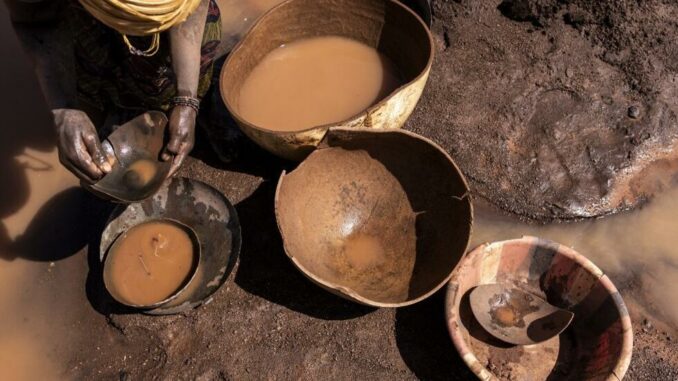
Ahead of Ghana’s April ban on foreign participation in local gold trading, a wave of anti-China sentiment spread across social media — much of it fueled by bots posing as ordinary Ghanaians.
Disinformation experts identified dozens of fake accounts linking Chinese nationals to the devastation caused by illegal mining, or “galamsey”, while ignoring local complicity. The coordinated campaign coincided with growing political pressure and culminated in the Ghana Gold Board (GoldBod) being granted exclusive authority over gold trade. While some foreign miners, including many Chinese, have since been arrested, researchers say the social media push exaggerated China’s role while glossing over entrenched corruption and domestic involvement. “China’s role is significant, but it would be misleading to scapegoat foreigners alone,” said anti-galamsey advocate Senyo Hosi.
Meanwhile, Foreign Minister Samuel Ablakwa urged Chinese authorities to stop their citizens from engaging in illegal mining, emphasizing the environmental toll. The Chinese ambassador echoed concerns but stressed that Chinese workers often operate at the invitation of local actors. The cost is staggering: polluted rivers, destroyed farms, rising disease, and displaced families. Over 4.5 million Ghanaians have lost access to clean water or land due to galamsey. Despite bots fanning xenophobic flames, the crisis is deeply rooted in systemic failure. Tackling it will require accountability from both foreign participants and Ghana’s political elite — alongside real investment in sustainable livelihoods and environmental restoration.
